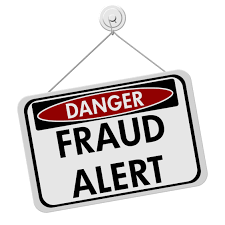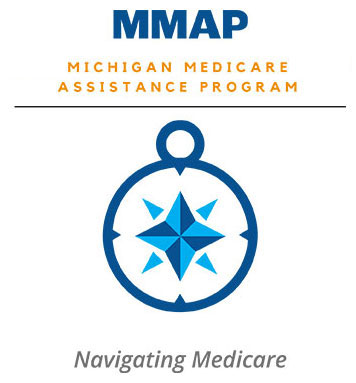CMS extends, expands fraud-fighting enrollment moratoria efforts in six states
New demonstration enhances agency’s enrollment and investigative options
Today, the Centers for Medicare & Medicaid Services (CMS) announced an extension and statewide expansion of fraud-fighting temporary provider enrollment moratoria efforts in six states, along with a new related demonstration project to allow for certain exceptions to the moratoria and heightened screening requirements for new providers. CMS also announced it is immediately lifting the current temporary moratoria on all Medicare Part B, Medicaid, and Children’s Health Insurance Program (CHIP) emergency ground ambulance suppliers.
“CMS is continuing its efforts to tackle fraud, waste, abuse and protect benefits and services for those eligible for federal health care programs through expanding the existing temporary moratoria,” said Shantanu Agrawal, M.D., deputy administrator for program integrity, CMS. “CMS is also increasing its oversight efforts through the use of heightened screening and investigative tools for new providers in the moratoria areas.”
CMS announced it is extending for six months and expanding statewide the temporary provider enrollment moratoria on new Medicare Part B non emergency ground ambulance suppliers in New Jersey, Pennsylvania, and Texas and home health agencies (HHAs) in Florida, Texas, Illinois, and Michigan. Additionally, the statewide expansion also applies to Medicaid and CHIP. CMS also announced the Provider Enrollment Moratoria Access Waiver Demonstration (PEWD), which gives CMS the ability to allow for provider and supplier enrollment exceptions in the moratoria areas if access to care issues are identified and for the development and improvement of methods of investigating and prosecuting fraud in Medicare, Medicaid, and CHIP.
The statewide expansion of the temporary moratoria coupled with the PEWD will allow CMS to continue to target fraud within these services while granting individual enrollment waivers. These changes will address access to care issues and allow providers and suppliers who are subject to the moratoria to enroll in Medicare, Medicaid, and CHIP after passing heightened screening requirements. The agency will also immediately lift the current temporary moratoria on all Medicare Part B, Medicaid and CHIP emergency ground ambulance suppliers. These changes are effective on July 29, 2016.
For more information on the extension and statewide expansion of the temporary moratoria, the lifting of temporary moratoria on Part B, Medicaid, and CHIP emergency ground ambulance suppliers, and the PEWD, please visit: https://www.cms.gov/Medicare/Provider-Enrollment-and-Certification/MedicareProviderSupEnroll/ProviderEnrollmentMoratorium.html.
CMS’ key responsibilities is to protect the Trust Funds and other public resources against losses from fraud, waste, abuse, and other improper payments and to improve the integrity of the federal health care system. CMS’s program integrity strategy is moving beyond the reactive “pay and chase” method toward a more effective, proactive strategy that identifies potential improper payments before they are made, keeps unscrupulous providers and suppliers out of Medicare and Medicaid at the outset, quickly removes wrongdoers from the programs once they are detected, and corrects improper payments as quickly as possible.
Moratoria and related investigations are a portion of CMS’ comprehensive strategy, the results of which are demonstrated our recently published activities in FY 2013 and FY 2014. CMS estimates that program integrity activities saved Medicare $21.1 billion in FY 2013 and $18.1 billion in FY 2014, for a two-year return on investment of $12.4 to 1.

